We use the solution for disaster recovery purposes.
We implemented Zerto because it is crucial for our organization, especially as we move into the cloud. We needed to ensure that we could retrieve data properly and migrate easily. The solution allows us to keep our users collaborating throughout the migration process, making it much quicker than our previous solution.
The most valuable feature is its simplicity. It's easy to use, especially when moving data to keep our users collaborating. Putting the server into maintenance mode and moving our systems has worked well for our team.
Zerto is easy to use because of its simple setup and configuration. It also has a user-friendly interface, making data migration, seamless server maintenance, data recovery, and automated replication easy to use.
The replication feature is very valuable. For example, the solution provides synchronous replication, ensuring that data is almost instantly copied to the recovery site with minimal latency. This real-time replication means that the data at the disaster recovery site is nearly up to date with the primary site, reducing data loss in the event of failure.
It is very important to our organization because replication is a fundamental aspect of modern IT infrastructure and disaster recovery. It ensures continued access by having a copy of the data available at a secondary location, which is critical for major business operations during a primary site failure. Even in cases of data loss, replication allows for the restoration of data from the latest copy, minimizing downtime and aiding in quick retrieval.
The main benefits of using Zerto include improved data protection, data recovery, and operational efficiency. Regarding data protection, replication's continuous availability and redundancy ensure that our data is always available at a secondary location, protecting against data loss. Redundancy means having multiple copies of data, which is critical for recovering from data corruption or loss.
We have used Zerto to protect VMs in our environment. Implementing automated backup solutions has helped us save time in data recovery situations. Regular backups ensure we always have copies of our data and systems for recovery. It has helped ensure that our organization is well-prepared to handle protection and disaster efficiently. By identifying the request and replying promptly, we can ensure the resilience of our overall service.
The tool must improve its long-term storage cloud strategy, making it more seamless and improving the solution's downtime features.
I have been working with the product for one and a half years.
We did not encounter any issues in stability.
The solution's technical support is good.
We used AWS Cloud before Zerto. From my experience, both Zerto and AWS solutions are easy to use. They both have user-friendly interfaces that simplify managing disaster recovery tasks, including setting up replication and handling failover and failback processes.
AWS offers a wide range of cloud-native disaster recovery services, like AWS Backup and AWS Disaster Recovery, which are integrated into its management console. AWS also supports automation through APIs and integrates well with enterprise systems, which allows organizations to automate backup, recovery, and failover processes.
The initial setup is straightforward and can be completed within a month. The configuration process is minimally complex. We first assess the current environment, looking at training requirements and infrastructure. After that, we do design and configuration, including architecture design, installation, and configuration. Lastly, we do testing and validation. We have finally distributed the team. After that, we will train our employees through training sessions. We'll give them documentation and train them. And lastly, we do the deployment rollout.
Our in-house team did the deployment. There were ten resources.
Automated testing and recorded tests can vary based on several factors, including the complexity of our IT environment. For us, it takes around seven to eight days. It's still taking the same time, so we must explore more. Our team is exploring the process more, so it's still taking that much time.
I rate the overall product a nine out of ten.

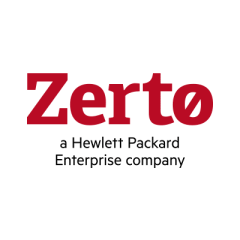


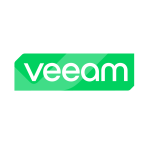



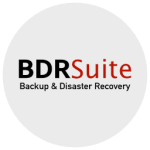

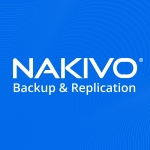
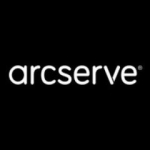

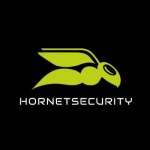

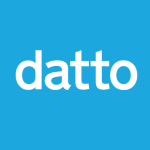
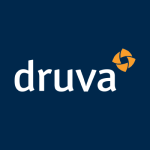



Good/accurate review of the product. As a fellow Zerto user, I concur with the findings.